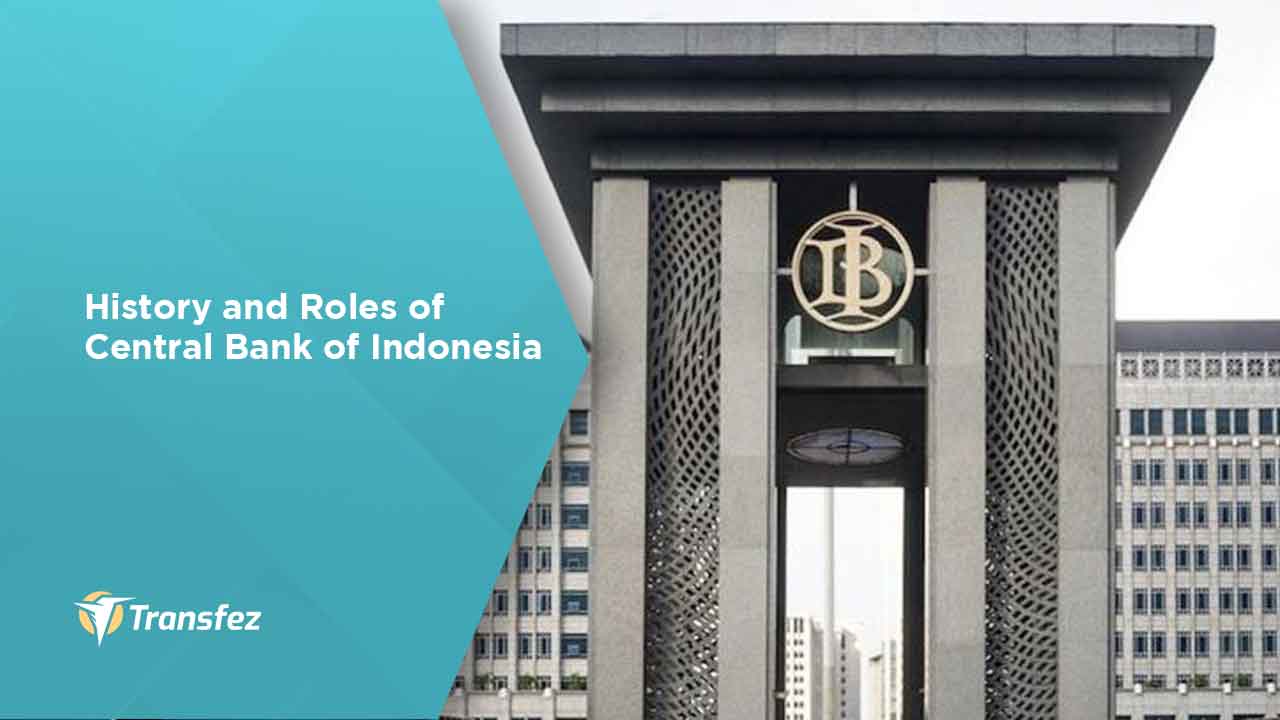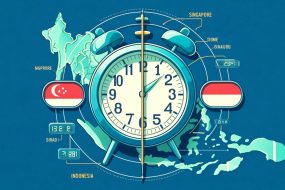
There are many people, especially those living in Indonesia who already know about the Central Bank of Indonesia. This bank is indeed a bank located in the capital and provides full service to the government. However, there are still many who do not understand the details of the bank. Such as the duties and roles of this bank to the history and main function of the establishment of the bank.
Bank of Indonesia

Therefore, to help provide initial information and education related to this, the following article will reveal some important things about the Indonesian government-owned bank. For those who want to know what the full details of this information are, see more in the following paragraphs below.
History of Central Bank of Indonesia
The first starts with the history of the establishment of the central bank of Indonesia. This bank according to information from the official website page states that this bank began in the days of the Dutch VOC a long time ago. From the VOC stood Bank Courant en Bank Van Leening in 1746 which helped VOC trade activities fully. Unfortunately, due to the crisis, the bank had to close in 1818.
To replace the function of the previous VOC-owned bank, then in 1828 was established De Javasche Bank which was the forerunner of the establishment of the Central Bank of Indonesia. The bank grew so that in 1870 it managed to expand to 15 branch offices throughout the archipelago. Of course, this recorded considerable success from the bank during the Dutch occupation.
Unfortunately, in 1942 when the Japanese colonial period arrived, the bank had to stop operating temporarily and was replaced by the Japanese Nanpo Kaihatsu Ginko. But then in 1945 after Indonesia became independent, De Javasche Bank was revived. Until the holding of the Round Table Conference in 1949 which established the bank as a circulation bank for the Republic of Indonesia United States.
Send Money Easily to Different Countries
How to Send Money to South Korea
How to Send Money to India
How to Send Money to Hong kong
How to Send Money to Philippines
How to Send Money to Singapore
How to Send Money to China
How to Send Money to Malaysia
How to Send Money to Japan
Then in 1953, the Indonesian government officially passed a law stating the change of name from De Javasche Bank to Bank Indonesia. So this year the Indonesian government-owned bank was established and operated officially for the first time. This continued until in 1999 a decision was issued from the Indonesian government regarding Bank Indonesia’s position as an independent central bank.
To this day, the bank serves the Indonesian government in maintaining the stability of the country’s financial system. Located in the capital, precisely on JL. MH Thamrin, Central Jakarta, this bank plays an important role in regulating macro-prudential finance. While micro-prudential supervision is carried out by OJK in accordance with applicable Indonesian government laws.
See Video How To Easily Send Money International

Important Roles of Central Bank of Indonesia
As a state-owned bank, there is a special role that must be carried out by Bank Central of Indonesia. Of course, there are still many who do not understand this very well. But in general, here is the role of the Indonesian-owned bank.
• The main role of this Indonesian-owned bank is to maintain and supervise macroprudential for the stability of Indonesia’s financial system. This is done through the supervision of all banks operating in Indonesia so that it can be controlled and not cause losses to the country’s finances.
• Bank Central of Indonesia also conducts supervision as well as issuing monetary policy related to existing investments in Indonesia. So that indirectly the bank regulates monetary operations in Indonesia including money market liquidity and the stock market fully. Starting from interest rates, credit, exchange rates, and so on. All must go through the supervision mechanism and agreement of the Central Bank of Indonesia.
• The bank also ensures optimal inflation control so that the rate of the price increase can be controlled. This includes ensuring that the value of Indonesia’s currency does not decline sharply and remains stable through various global crises in the world.
Operational Function of Central Bank of Indonesia
Not only plays an important role but there are also several functions of Bank Central of Indonesia in general. For example, the first is a monetary indicator in the financial markets. This the bank maintains monetary stability of investment on the floor of the exchange and the stock market.
Bank Indonesia also serves to circulate the currency and reduce the potential inflation rate in Indonesia. In the sense that all matters related to the circulation of money in Indonesia will be regulated as strictly as possible under the regulation of the bank. So that indirectly this function is able to maintain the financial stability of the country in general.
The operation of Indonesian-owned banks, of course, prevents the potential for chaos, especially in terms of finance and the distribution of money in Indonesia. So that it can support the country’s economic infrastructure which is also better.
Download Transfez App
Transfez App can help you transfer money abroad more quickly and efficiently. Transfez Business can also help your business in making transactions abroad. For those of you who want to send money to relatives who are abroad because they are studying, working, or traveling, Transfez will be ready to help. This app is available on Android as well as iOS.
That’s some interesting information about the Central Bank of Indonesia, ranging from the history of its establishment, location, role to the function of its operations. Of course, it will help provide enlightenment as to the importance of operations in the bank. With this knowledge, it would certainly be very good if the people of Indonesia always support all applicable policies of the bank. So that the financial condition of the country will be better and optimal.











Recent Comments